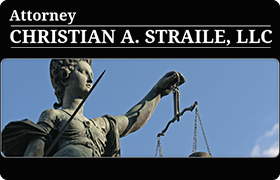 Citrus County, FL RICO Act Lawyers
Citrus County, FL RICO Act Lawyers
Sponsored Law Firm
-
 x
x

Click For More Info:
-
Attorney Christian A. Straile, LLC
1031 NW 6th Street Unit A-2 Gainesville, FL 32601» view mapDUI, Traffic Violations, Drug Crimes Committed to Effectively Helping You
My goal is to protect your rights and best interests. If that means taking a case through trial, I am ready.
352-694-4529
Not enough matches for Citrus RICO Act lawyer.
Below are all Citrus lawyers.
Lawyers
1-10 of 45 matches
Business Organization, Wills & Probate, Corporate, Estate Planning
Estate Planning, Elder Law, Commercial Real Estate, Trusts, Estate
Criminal, Felony, Misdemeanor, DUI-DWI, White Collar Crime
Civil Rights, Construction, Medical Malpractice, Aviation, Insurance
Elder Law, Guardianships & Conservatorships, Trusts, Commercial Real Estate
Elder Law, Guardianships & Conservatorships, Trusts, Commercial Real Estate
Criminal, Divorce & Family Law, Estate, Real Estate
Elder Law, Employee Rights, Social Security, Workers' Compensation





 Christian Straile Gainesville, FL
Christian Straile Gainesville, FL About MeCriminal Attorney
About MeCriminal Attorney PracticesPractice Areas
PracticesPractice Areas